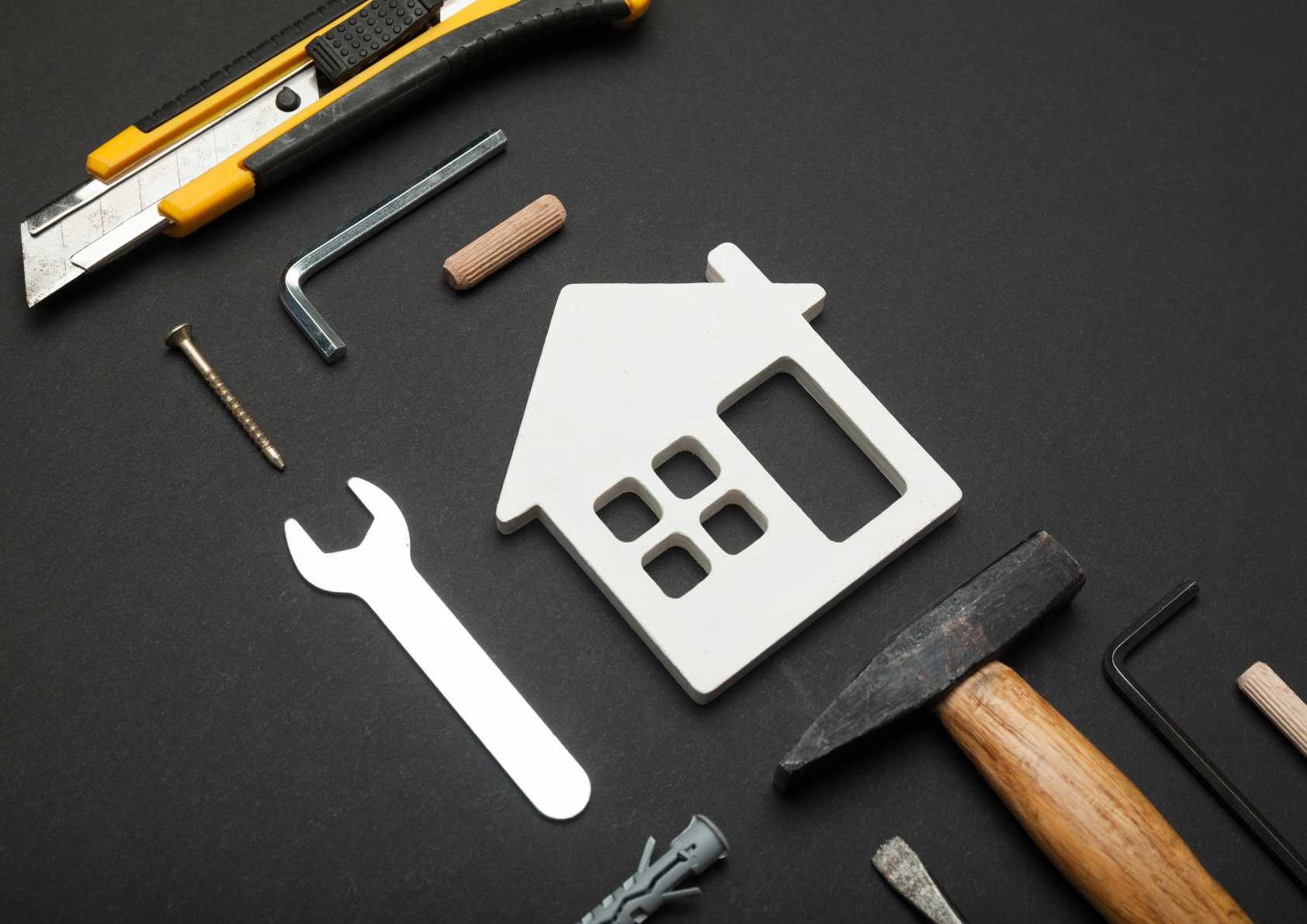Introduction
When you’re focused on saving up for a down payment, the true cost of buying a home can feel like it starts and ends there. But once you dig into the numbers, you’ll realize that’s just the tip of the iceberg. In this post, we’ll walk through the often-overlooked expenses that new homeowners tend to forget so you can budget smarter and avoid surprises down the road. Key takeaways include understanding closing costs, maintenance, taxes, and insurance, along with why these add up faster than many people expect.
Hidden Closing Costs: More Than Just a Fee at Signing
One of the biggest places buyers get caught off guard by the true cost of buying a home is at closing. While many assume closing costs are a minor add-on, industry data shows they can vary significantly depending on where you live and what type of loan you use. Nationally, closing costs averaged just over 1% of the home’s sales price in 2024, according to LodeStar’s purchase mortgage closing data.
However, depending on your state, those costs could tick much higher: Bankrate reports closing costs ranging from less than 1% up to nearly 3% of the purchase price, depending on local taxes and fees.
Additionally, when broken down by loan type, conventional loans may cost about 1.54% in fees, while FHA loans can reach up to 3.77% of the loan amount. It’s critical to factor in these costs early so they don’t derail your finances on closing day.
Maintenance: The Sneaky Monthly Drain
After move-in, many buyers breathe a sigh of relief, thinking their biggest cost is behind them. But the true cost of buying a home stretches well beyond the mortgage. A recent Zillow and Thumbtack analysis showed that the typical homeowner spends about $10,946 per year on maintenance alone. That’s nearly $1,000 each month going toward fixing leaky roofs, broken appliances, yard upkeep, and more.
What’s more, these maintenance demands are driven by both age and scale of the home, and catching up on deferred repairs can be especially expensive. Start budgeting now so you’re not blindsided by surprise repair bills later.
Property Taxes and Insurance: Big Annual Line Items
Beyond maintenance, two more massive pieces make up the invisible monthly payments many buyers don’t fully appreciate: property taxes and homeowner’s insurance.
On average, property taxes account for about $3,030 annually, while homeowner’s insurance runs around $2,003, according to the same Zillow-Thumbtack research. Over the past five years, home insurance premiums have surged about 48%, putting even more pressure on household budgets.
In high-cost metro areas like New York and San Francisco, total “hidden costs” (taxes + insurance + maintenance) can balloon to $24,000+ per year. For many buyers, especially first-timers, these aren’t one-time costs; they’re recurring expenses that must be factored into long-term affordability.
Negotiation and Long-Term Budgeting: Smart Moves for Real Estate Trends
So, how do savvy buyers manage these costs? A few strategic moves can go a long way:
-
Negotiate seller concessions: In some cases, sellers can cover parts of closing costs, reducing your upfront burden.
-
Ask for a home inspection and reserve fund: Use an inspection to uncover potential maintenance issues, then set aside money each month to build a “home repair buffer.”
-
Shop around for insurance: Since premiums have jumped, comparing different insurance providers can yield real savings.
-
Understand your local tax situation: Property tax rates vary greatly depending on city and state—knowing what to expect can prevent budget shocks.
Conclusion
The true cost of buying a home goes well beyond the down payment. When you factor in closing costs, routine maintenance, property taxes, and insurance, the real financial picture can look very different from what many first-time buyers expect. By planning ahead and building in those hidden costs from the start, you’ll be setting yourself up for a more realistic, stress-free homeownership journey.








